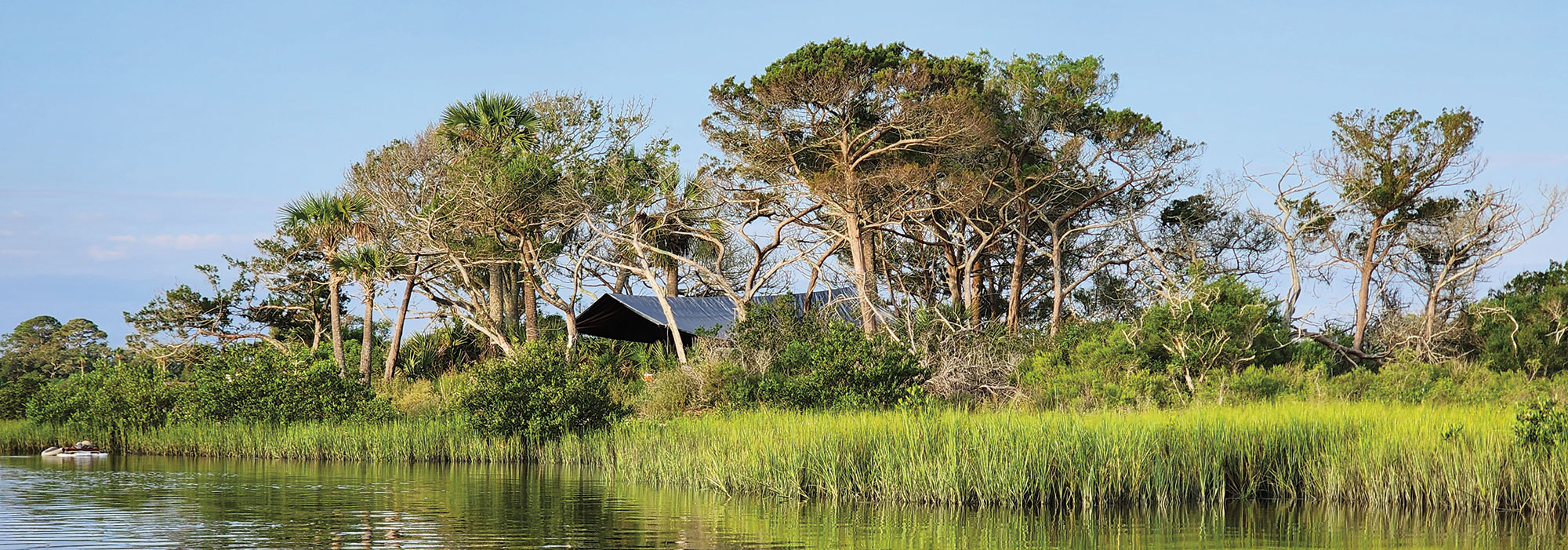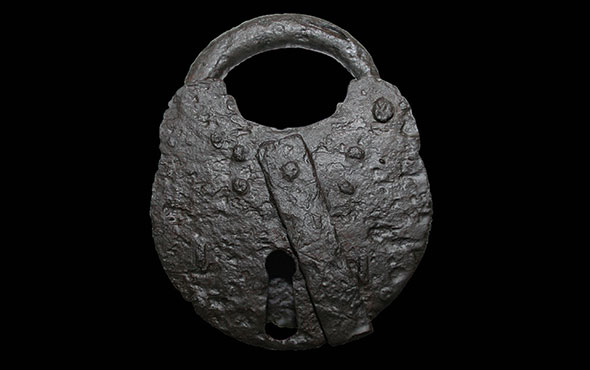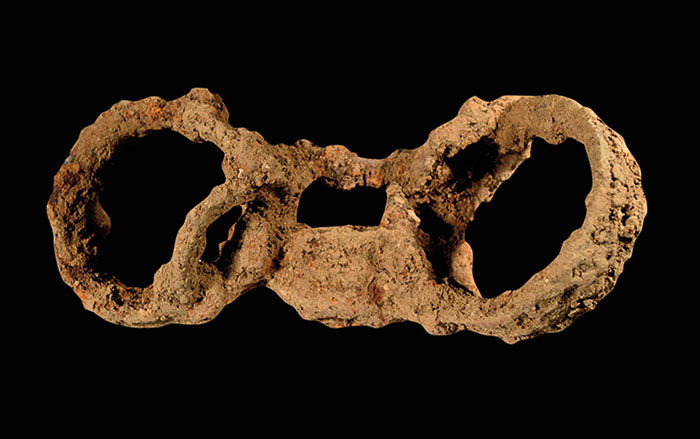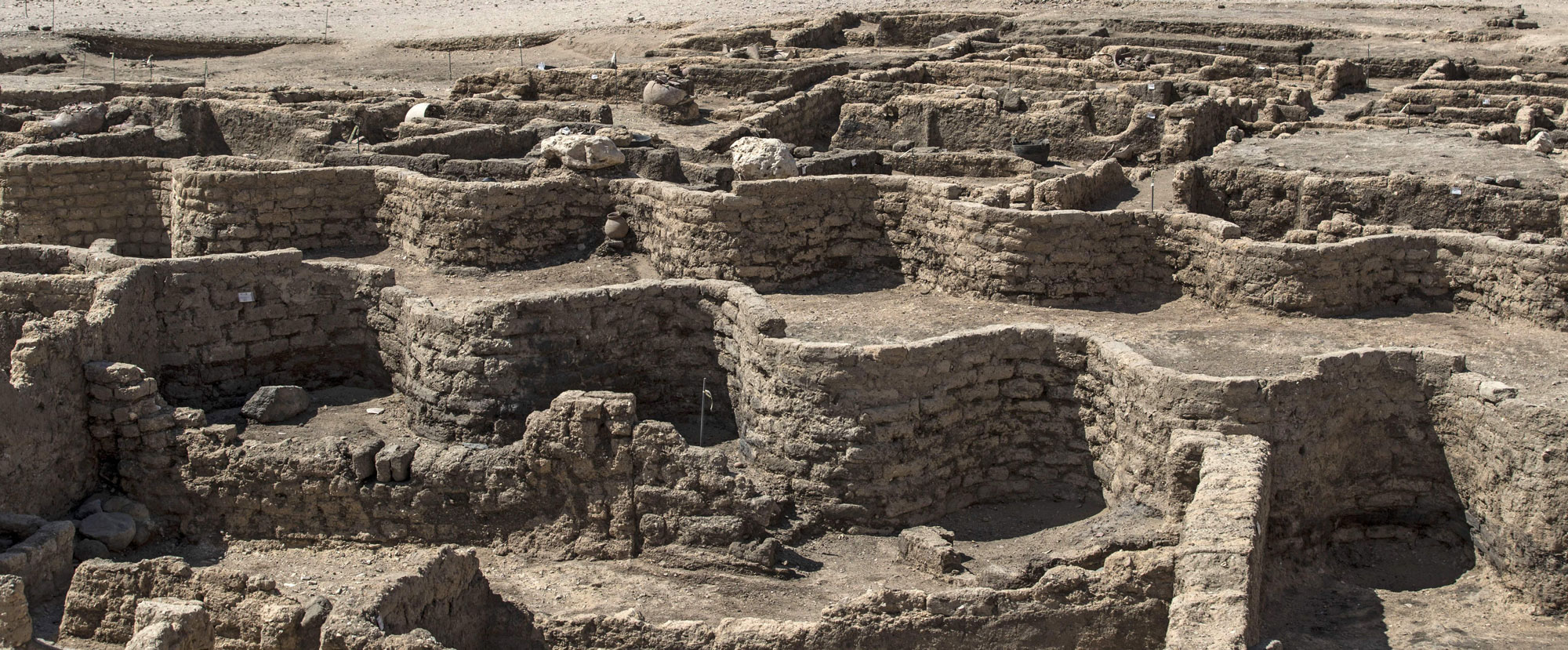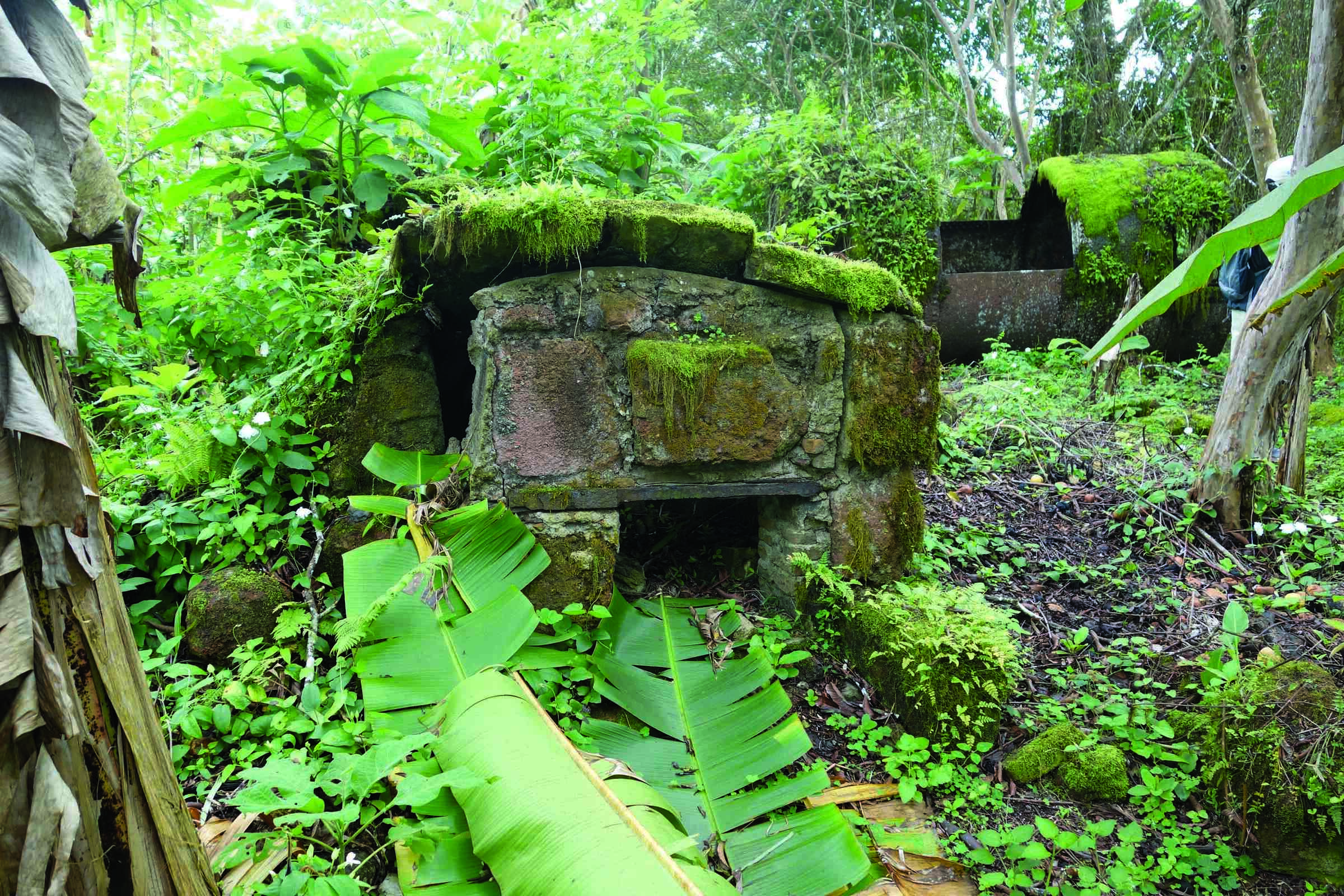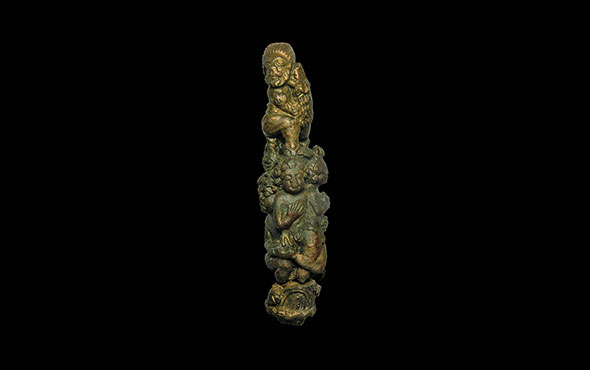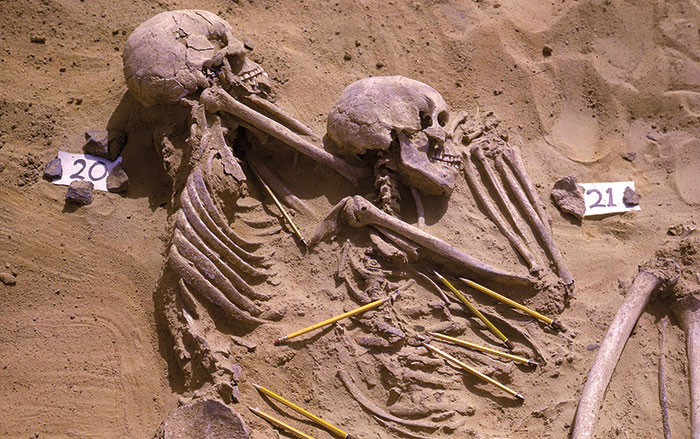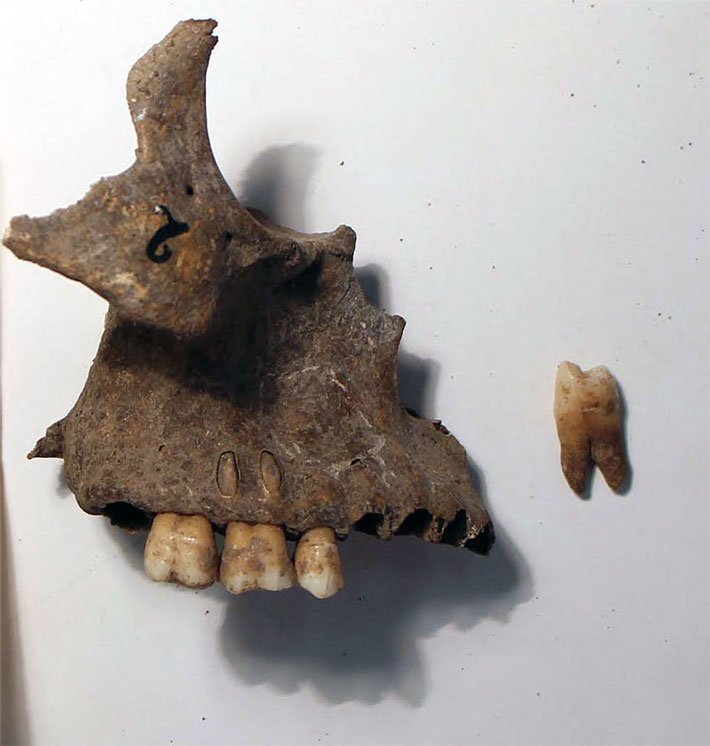
UPPSALA, SWEDEN—According to a statement released by Uppsala University, human remains have been discovered on a layer of sand in an 8,000-year-old shell midden located in Amoreira, which is located near the coast of southern Portugal. Genetic analysis of the remains indicates the individual was a man who had African ancestors from both his mother and father, while chemical analysis of the bones suggests his diet consisted mostly of plants commonly found in the Senegambia region of West Africa. He also consumed some marine foods, such as mollusks, and drank water from coastal areas of western Africa, in what are now Mauritania, Senegal, and Gambia. The man is thought to have been taken to Portugal via the transatlantic slave trade, where he died sometime between 1630 and 1760. Read the original scholarly article about this research in the Journal of Archaeological Science: Reports. To read about excavations at a fortress along the West African coast that was a hub of the transatlantic slave trade, go to "Letter from Ghana: Life Outside the Castle."


